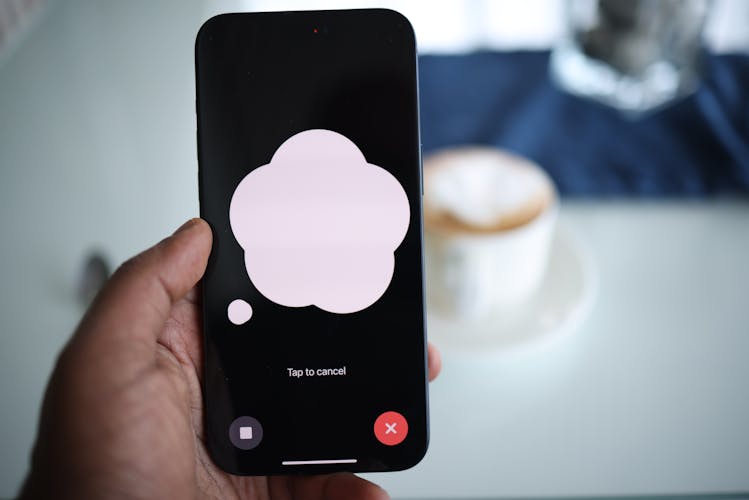Tech
Howard University and Google Research to advance AI understanding of African American English
Howard University and Google researchers release dataset of over 600 hours of African American English dialects to improve AI speech recognition.

Howard University and Google Research have partnered to release a groundbreaking dataset aimed at improving how artificial intelligence (AI) systems understand African American English (AAE). a historically underrepresented linguistic form in voice-recognition technology.
Collaboration between Howard University and Google Research
As part of their ongoing initiative, Project Elevate Black Voices, the research team collected over 600 hours of audio from speakers representing AAE dialects across 32 U.S. states.
The project was designed to address the challenges that Black users face when engaging with automatic speech recognition (ASR) systems. The tools that frequently misinterpret or fail to understand culturally specific speech patterns.
Bridging the Speech Recognition Divide
AAE, also known as Black English, Black Talk, or Ebonics, is a rich, culturally grounded linguistic tradition rooted in history, identity, and resilience. Yet many ASR tools struggle to accurately process this dialect due to training on biased or incomplete data.
As a result, Black users often feel pressure to code-switch or alter their natural speech in order to be understood by digital assistants, transcription tools, and voice-enabled applications. This phenomenon diminishes authenticity and underscores systemic inequities in technology development.
Howard and Google Research: Community-Centered Data Collection
To authentically capture AAE speech, the project team hosted curated community events in multiple cities across the country.
These gatherings featured Black panelists—individuals who live and work in the represented communities—leading open discussions on the intersection of Black culture, technology, AI, and innovation.
Following these dialogues, attendees were invited to contribute their voices through a three-week audio data collection effort designed to reflect real-life language use and lived experiences.
Responsible Data Stewardship and Release
The resulting Howard African American English Dataset 1.0 will initially be released exclusively to researchers and institutions affiliated with historically Black colleges and universities (HBCUs).
This phased rollout ensures the dataset is used in ways that prioritize cultural respect, community empowerment, and ethical research practices.
Howard University will retain full ownership and licensing rights to the dataset, serving as a primary steward to ensure responsible usage and alignment with the interests of Black communities.
Google’s Role in Inclusive AI Development
Google, a collaborator on the project, will also use the dataset to enhance the inclusivity of its ASR systems. The tech company routinely trains its voice-recognition models on a wide spectrum of dialects, languages, and accents. This aims to create more equitable AI experiences for all users.
Future access to the dataset by non-HBCU institutions will be reviewed with a focus on researchers whose work aligns with values of inclusivity, equity, and community-driven impact.
Discover more from Unheard Voices Magazine
Subscribe to get the latest posts sent to your email.
-

 Community19 hours ago
Community19 hours agoMichigan crash claims lives of mother and two children
-

 In Memoriam4 days ago
In Memoriam4 days agoBeloved Mississippi news anchor Celeste Wilson dies suddenly at 42
-

 Crime & Justice2 weeks ago
Crime & Justice2 weeks agoAlabama mother sues state workers after 3-year-old son dies in scorching hot car
-

 Police6 days ago
Police6 days agoMississippi mother demands justice after teen son fatally struck by a police cruiser
-

 Crime & Justice2 weeks ago
Crime & Justice2 weeks agoVirginia man sentenced to life for murder of New Jersey councilwoman Eunice Dwumfour
-

 Community2 days ago
Community2 days agoGoFundMe launched for viral flight hero “Linebacker17C” after midair takedown
-

 Social Justice5 days ago
Social Justice5 days agoSouth Carolina man shot in alleged hate crime speaks out and pushes for change
-

 Black Excellence20 hours ago
Black Excellence20 hours agoMississippi teen begins college journey at just 16, majoring in Electro-Mechanical engineering


























